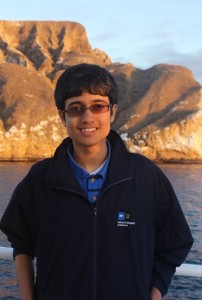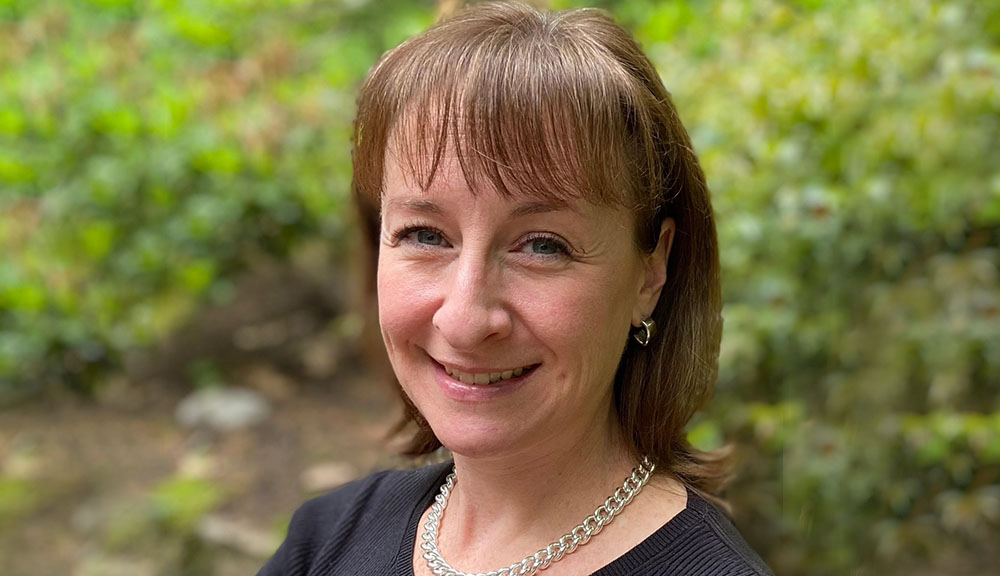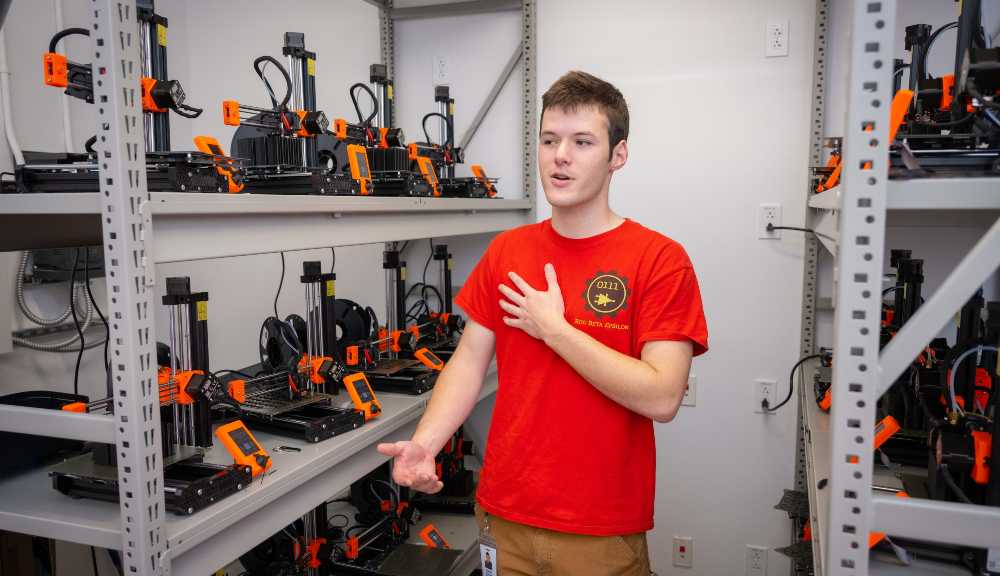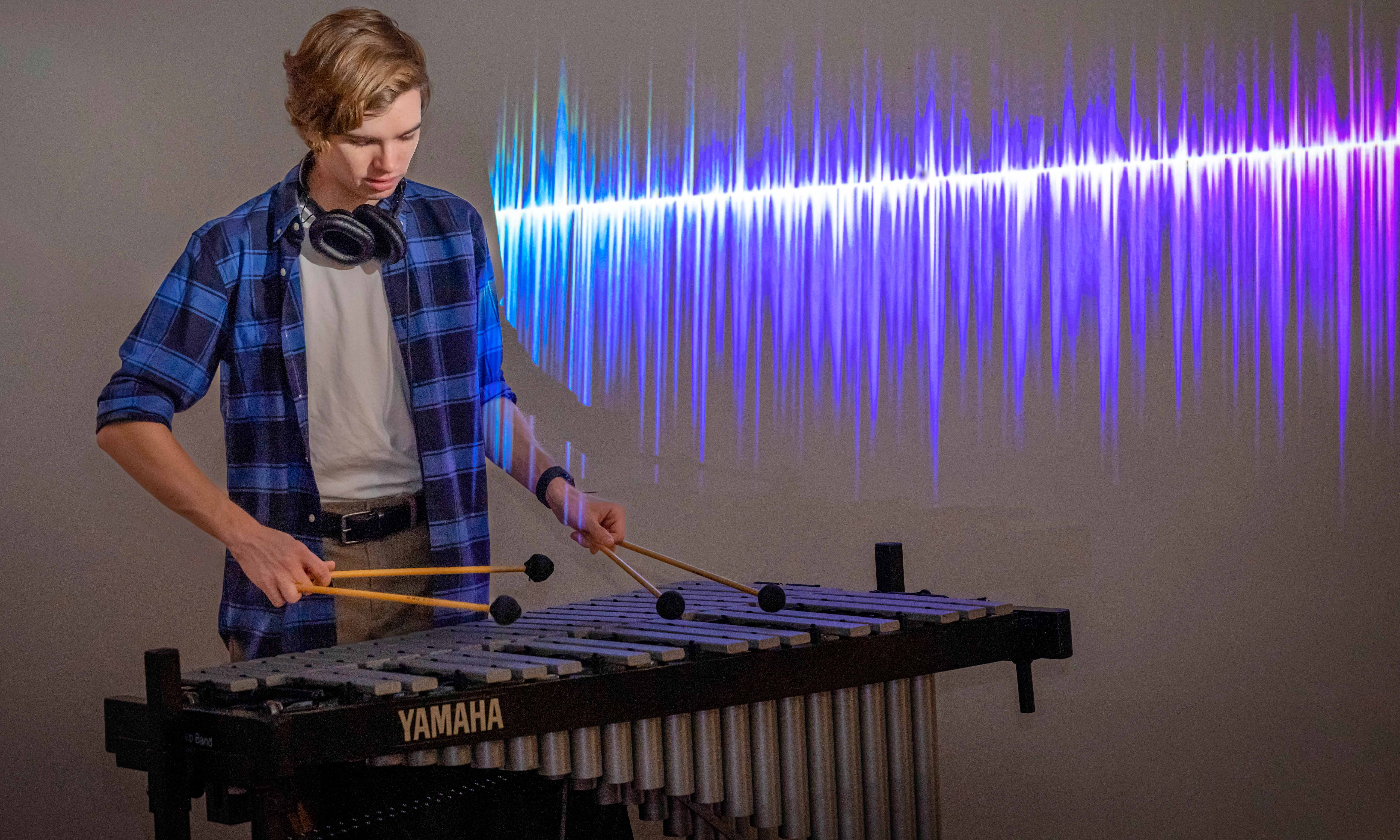High school senior Karthik Karnik already knew he was going to Seattle, Wash., on Jan. 7. The trip was booked. The Mass. Academy of Math and Science student was all set to present a paper at the Joint Mathematics Meetings in Seattle, and maybe watch the contest from the sidelines.

Karthik Karnik
But he then found out he qualified to compete—one of 10 students in the nation—in the actual main event itself. The contest has a $10,000 prize.
Karnik’s math teacher at the academy, Tom Regele, reached out to shake his hand as he came into class one day, Karnik said, and gave him the good news about his placement. “I didn’t imagine I’d qualify for the national competition,” as he missed one of the 10 questions, Karnik said.
But Regele, a WPI visiting scholar, said Karnik is a special combination of student who not only has a curiosity about mathematics, but also enjoys competing. Some students are good at math but not competition, Regele says—for the two skills to both be present, is unique.
“He has curiosity,” says Regele of Karnik, “he enjoys the competitive aspect, and has played around with a lot of math as well. For Karthik, it’s not strictly memorization.”
SUBJECT SWITCH
Karthik is no stranger to academic competition on a national scale. Ironically, his past successes were in a completely different area of study.
He was a national finalist in the National Geographic Bee in 2011 and 2012, representing Massachusetts in Washington, D.C. The study of places around the globe helped Karthik prepare for mathematics. “It gave me deeper insights into theorems … [geography] changed the way I think and look into things.”
STEM FAMILY
A resident of Westborough, Karnik was born in India to a software tester and computer analyst, while his grandfather is a mathematics teacher at the university level, he said.
And though teaching was of interest to Karnik initially, he’s now leaning more toward a potential career in industry, or applied math. “We use computer science to verify conjectures through automated processes,” Karnik says. “It’s kind of the next generation of math.”
The game of chess helped lead Karnik to math, he says, drawing him in with patterns. He is an avid chess enthusiast, playing in the United States Chess Federation. “From an early age I’ve been interested in these kind of patterns [that chess presents]. I was able to quantify and do equations in my head,” he remembers. “Mathematics is a language used to describe anything you want in the world.”
As he awaits the Jan. 7 competition, Karnik is also awaiting college acceptance letters. He’s been invited to attend Caltech in Pasadena, and is waiting to hear from others. In between mail deliveries, he’s readying for the math competition as best he can.
“I try to practice each day, building up basic skills, taking contest problems and trying to do them in my head, basically, to develop tricks and fast computing. I began trying to prove ways of solving questions … getting insight into how to solve them and to choose the most elegant one, trying to find out the most beautiful solution there is.”
As for the math and science academy, the competition looms and excitement for Karnik is in the air.
“We have created our school-wide schedule on January 7 so we can watch the simulcast competition on the big screen,” says Michael Barney, Mass. Academy director.
“Karthik is an outstanding young man,” says Barney. “He loves to teach … younger students to help inspire that next generation of great thinkers, explorers, and STEM minds.”
– BY SUSAN SHALHOUB


